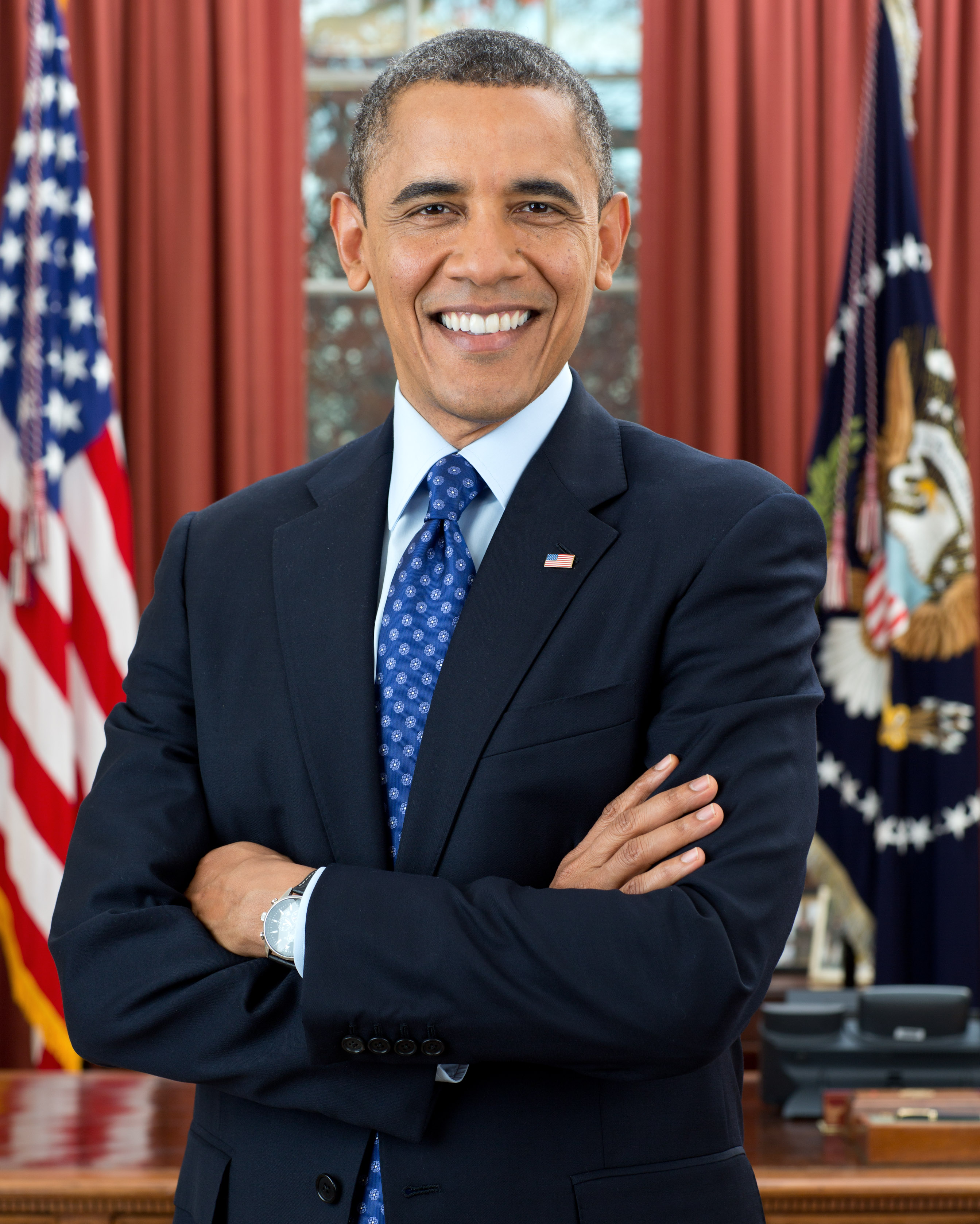Barack Obama najznámejšie citáty
Barack Obama: Citáty v angličtine
Obama's White House speech, Later the White House corrected Obama's slip by replacling 'ISIL' by 'Iraqi' https://www.whitehouse.gov/the-press-office/2015/07/06/remarks-president-progress-fight-against-isil
YouTube video https://www.youtube.com/watch?v=p2NkjNvwuaU
2015
“I do think at a certain point you've made enough money.”
Remarks by the President on Wall Street Reform in Quincy, Illinois https://www.whitehouse.gov/the-press-office/remarks-president-wall-street-reform-quincy-illinois (28 April 2010)
2010
Keynote speech: Call to Renewal's Building a Covenant for a New America conference - Washington, D.C., June 2006. http://www.nytimes.com/2006/06/28/us/politics/2006obamaspeech.html
Partially quoted out of context as "Whatever we once were, we are no longer a Christian nation." in a Focus on the Family political mailer, reproduced in
2006
Kontext: Moreover, given the increasing diversity of America's population, the dangers of sectarianism have never been greater. Whatever we once were, we are no longer a Christian nation — at least, not just; we are also a Jewish nation, a Muslim nation, a Buddhist nation, a Hindu nation, and a nation of nonbelievers. And even if we did have only Christians in our midst, if we expelled every non-Christian from the United States of America, whose Christianity would we teach in the schools? Would we go with James Dobson's, or Al Sharpton's? Which passages of Scripture should guide our public policy? Should we go with Leviticus, which suggests slavery is ok and that eating shellfish is abomination? How about Deuteronomy, which suggests stoning your child if he strays from the faith? Or should we just stick to the Sermon on the Mount - a passage that is so radical that it's doubtful that our own Defense Department would survive its application? So before we get carried away, let's read our bibles. Folks haven't been reading their bibles.
As quoted in "Barack Obama Answers Your Questions About Gay Marriage, Paying For College, More" at MTV News (1 November 2008) http://www.mtv.com/news/1598407/barack-obama-answers-your-questions-about-gay-marriage-paying-for-college-more/
2008
2008, Election victory speech (November 2008)
2013, Eulogy of Nelson Mandela (December 2013)
President Barack Obama on Twitter at June 26, 2015 https://twitter.com/POTUS/status/614435467120001024
2015
Speech on global challenges http://www.scpr.org/news/2009/09/23/transcript-obama-urges-nations-step/ at the United Nations (27 September 2009)
2009
2014, Statement on Cuban policy (December 2014)
2016, Remarks to the People of Cuba (March 2016)
Kontext: I believe that every person should be equal under the law. Every child deserves the dignity that comes with education, and health care and food on the table and a roof over their heads. I believe citizens should be free to speak their mind without fear to organize, and to criticize their government, and to protest peacefully, and that the rule of law should not include arbitrary detentions of people who exercise those rights. I believe that every person should have the freedom to practice their faith peacefully and publicly. And, yes, I believe voters should be able to choose their governments in free and democratic elections. Not everybody agrees with me on this. Not everybody agrees with the American people on this. But I believe those human rights are universal. I believe they are the rights of the American people, the Cuban people, and people around the world.
2014, Young Southeast Asian Leaders Initiative Town Hall (April 2014)
2014, Remarks to the People of Estonia (September 2014)
2016, Memorial Service for Fallen Dallas Police Officers (July 2016)
2013, Eulogy of Nelson Mandela (December 2013)
2014, Address to European Youth (March 2014)
Interview with Putra Nababan in the White House https://www.youtube.com/watch?v=38sFgxBhpkU (March 2010)
2010
2015, Address to the People of India (January 2015)
2015, Address to the People of India (January 2015)
Kontext: Our nations are strongest when we uphold the equality of all our people -- and that includes our women. Now, you may have noticed, I’m married to a very strong and talented woman. Michelle is not afraid to speak her mind, or tell me when I’m wrong -- which happens frequently. And we have two beautiful daughters, so I’m surrounded by smart, strong women. And in raising our girls, we’ve tried to instill in them basic values -- a sense of compassion for others, and respect for themselves, and the confidence that they can go as far as their imaginations and abilities will carry them. [... ] We know from experience that nations are more successful when their women are successful. When girls go to school -- this is one of the most direct measures of whether a nation is going to develop effectively is how it treats its women. When a girl goes to school, it doesn’t just open up her young mind, it benefits all of us -- because maybe someday she’ll start her own business, or invent a new technology, or cure a disease. And when women are able to work, families are healthier, and communities are wealthier, and entire countries are more prosperous. And when young women are educated, then their children are going to be well educated and have more opportunity. So if nations really want to succeed in today’s global economy, they can’t simply ignore the talents of half their people. And as husbands and fathers and brothers, we have to step up -- because every girl’s life matters. Every daughter deserves the same chance as our sons. Every woman should be able to go about her day -- to walk the streets or ride the bus -- and be safe, and be treated with respect and dignity. She deserves that.
2015, Remarks after the Umpqua Community College shooting (October 2015)
2015, Remarks to the United Nations General Assembly (September 2015)
2014, Remarks to the People of Estonia (September 2014)
Remarks of President Barack Obama To the People of Israel at Jerusalem International Convention Center in Jerusalem, Israel (21 March 2013)
2013
Arlington, Virginia September 8, 2009
2009, School speech (September 2009)
Remarks by President Obama to the United Nations General Assembly https://www.whitehouse.gov/the-press-office/2015/09/28/remarks-president-obama-united-nations-general-assembly (September 28, 2015)
2015
2014, Address to European Youth (March 2014)
2011, Address on interventions in Libya (March 2011)
